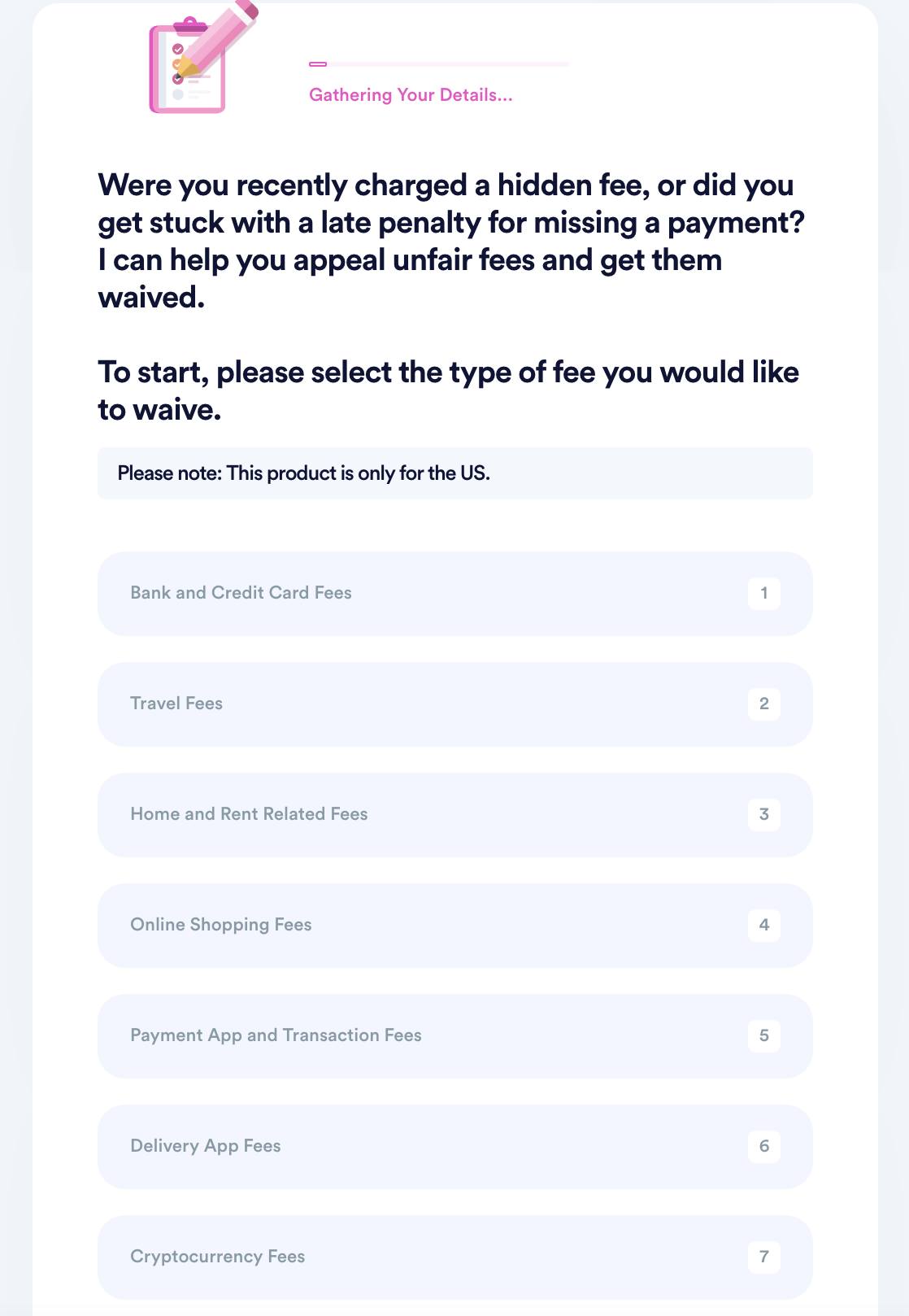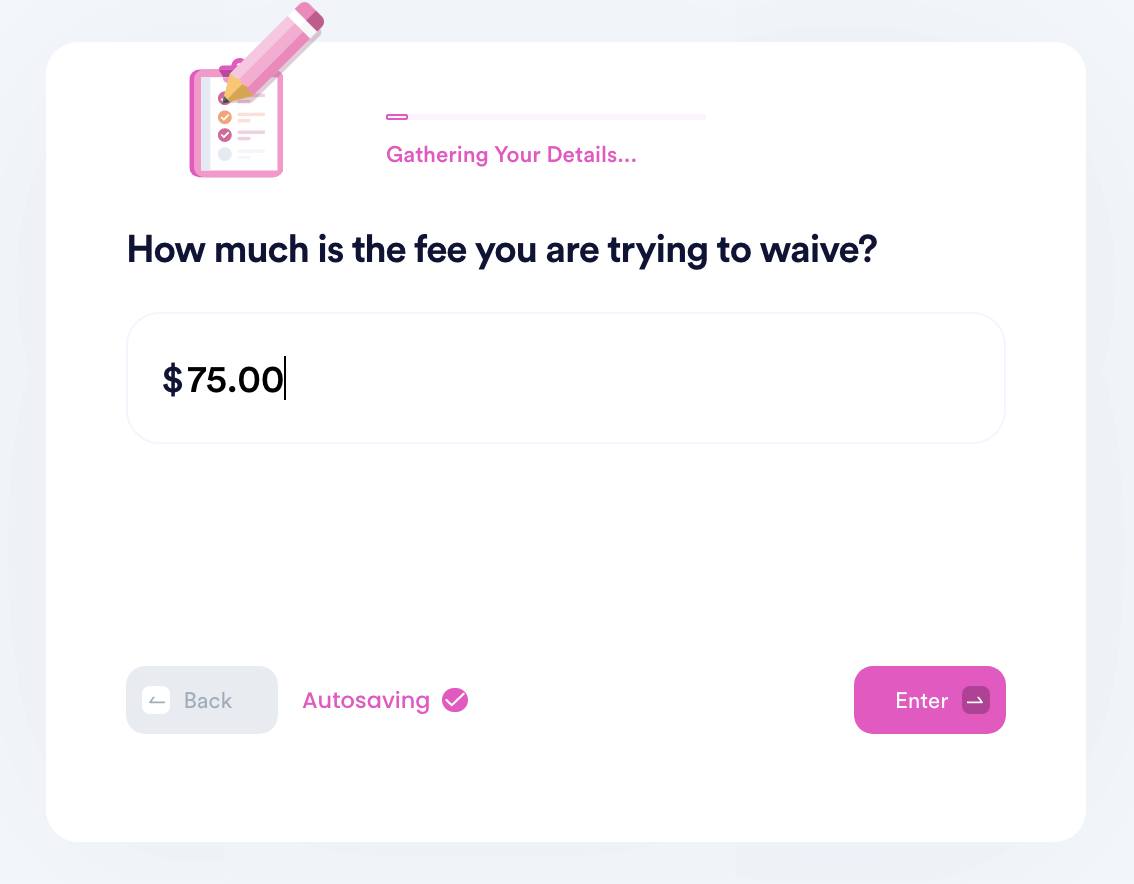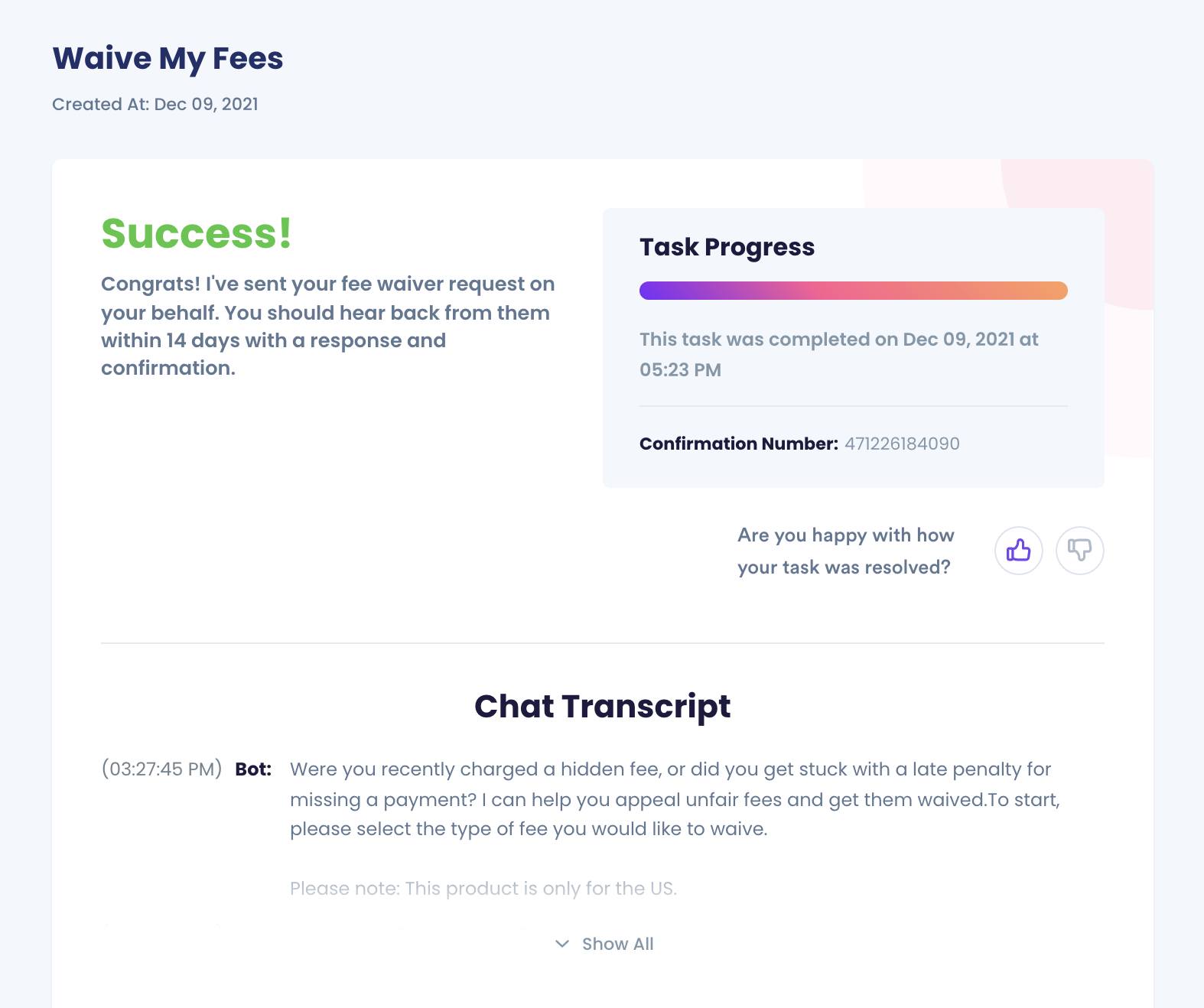Are There Banks With No Overdraft Fees
When it comes to banking, little fees can add up over time and cost you more than you think. Finding , monthly maintenance fees, or other common fees can be difficult. If you want to avoid most of these common fees, it is important to know how these fees are assessed and how what type of account you choose from your bank can make a difference.
If you have already gotten an overdraft fee on your account, there are ways that you can get these fees refunded. You will have to provide your bank with the reasons they should take a second look. If you need help getting overdraft fees waived, DoNotPay can help.
Bank Overdraft Fees Explained
An is applied to a bank account whenever a transaction is over the amount of available funds in the account at that given time. There are rules regarding these fees depending on where you bank and what type of account you are using.
Overdraft Fees
Whenever you withdraw or charge with your debit card without sufficient funds in your account, an overdraft fee will be assessed. Some banks allow a certain amount of time to correct the situation while others do not.
The Amount of Times You Can Overdraft
An overdraft is how a bank lets you continue with a transaction even though there may not be funds in your account. Typically after three or four overdrafts, the bank will deny additional transactions until the situation is corrected.
Waiving Overdraft Fees
Some banks have different programs in place to help you waive your overdraft fee. Some banks allow transactions of $5 or less to not incur the fee. Other banks offer overdraft protection, either free or with a monthly fee. Overdraft fees can also be refunded if you have evidence that the charge shouldn’t have occurred.
How Much Do Banks Charge for Overdraft Fees?
Overdraft fees on average cost about $32 per transaction that isn’t covered by the balance of your bank account. Some banks charge these fees per transaction while others charge once per day. If your account continues to be overdrawn, your transactions will start being denied.
You can avoid these overdraft fees by either making sure there is always a big enough balance to cover your transactions or by buying overdraft protection. The downside is that overdraft protection costs about $32 a month, or the equivalent of one overdraft fee per month.
Checking Accounts with Absolutely No Overdraft Fees
The table below outlines 5 checking accounts with no overdraft fees:
| Discover Bank | No overdraft fees. |
| Chime | No overdraft fees. |
| HSBC Bank | No overdraft fees. |
| USAA | No overdraft fees. |
| Capital One 360 | No overdraft fees. |
How to Appeal an Overdraft Fee on Your Own
If you find an overdraft fee on your bank account, you don’t necessarily have to pay it. Sometimes transactions can get reordered so that it appears you didn’t have money in your account when you actually did. If you have a case to appeal the overdraft, here is what you need to do.
- Make a note of all overdraft fees, what your balance was when these fees occurred, and any proof that you did have the money available to cover those transactions
- Contact your bank and present them with the information that you have
- Remind the bank that you have been a good customer and would like to continue your relationship with them, but be firm in the request for overdraft fees to be refunded
- If you are denied the first time, you can ask for a supervisor to assist you in getting your overdraft fees refunded
Appealing an Overdraft Fee with the Help of DoNotPay
Sometimes it can be difficult to know where to start when you want to appeal your overdraft fees. If this is the case, DoNotPay provides simple steps for you to take when you want to appeal any overdraft fee.
Here’s how you can use DoNotPay to appeal fees:
- Search “appeal fees” on DoNotPay, choose the Fight and Waive Fees product, and select the type of fee you want to appeal.

- Select the merchant you want to appeal fees for and enter the details of your transaction, including an associated account if you have one.

- Submit your case! DoNotPay will generate the best argument for your case and make sure your fee waiver request gets sent to the merchant for processing.

DoNotPay Can Help Resolve Many Types of Fees
It doesn’t matter what type of fee you are trying to fight. If you have a reasonable request for not paying it, DoNotPay can help to get those fees waived. Some of the fees that DoNotPay can help with include:
- eBay fees
- Coinbase fees
- Robinhood fees
- PayPal seller fees
- Spirit Airline baggage fees
- HOA fees
- Etsy fees
- Chase checking account fees
- American Airlines baggage fees
- Shopify fees
What Else Can DoNotPay Do?
DoNotPay has the resources to help you with a wide range of daily tasks. Some of these tasks include:
- Help you discover and apply for scholarships
- Contact embassies and consulates
- Create passport photos
- Appeal banned accounts
- File a complaint
If you need a quick, easy way to get things done, DoNotPay has what you need.
Banks with No Overdraft Fees — Frequently Asked Questions
How can I get my overdraft fees waived/refunded?
To get your overdraft fees waived or refunded, simply contact your bank’s customer service representatives. If they are being difficult, you can use DoNotPay to get overdraft fees waived quickly.
Which banks overdraft you the most?
Recent research suggests that SoFi checking and savings, Ally Bank, and One Spend are among the banks that charge the most overdraft fees.
 By
By